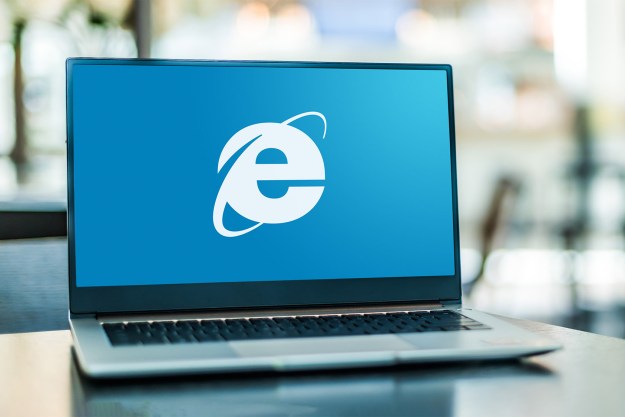
What we can vouch for is Project Spartan’s tight Cortana integration. The voice assistant will pop up on the web whenever you might need it (or want it), like on a restaurant’s page to offer directions. Any questions you have while browsing, Cortana will answer. It can, for example, tell you how many calories are in an item you’re considering on an online menu.
Obviously, Redmond could have just as well tied IE and Cortana together, so some of Spartan’s appeal lies elsewhere. In a clutter-free reading mode, for instance, which aims to eliminate the unnecessary bells and whistles of certain news websites, and focus on the information.
The browser’s customizable reading list is cross-platform, and can be saved for offline viewing. From an aesthetic standpoint, there are elements “borrowed” from Google Chrome, but it’s more a vibe Microsoft is duplicating than actual details and features. Indeed, the blocky look of Spartan shares a heritage with Internet Explorer even if the two function differently.
Spartan also supports in-browser note-taking via touch or stylus, and comments and annotations that can be added to webpages whenever, wherever. These features will not be connected with the web, but will rather “freeze” web pages as a local version.
Microsoft hinted there’s more to Spartan that what was shown, but we’ll have to wait until it hits Technical Preview before we can see for ourselves.
Editors' Recommendations
- How to factory reset Windows 10 or Windows 11
- How to uninstall Windows 11 and rollback to Windows 10
- How to downgrade from Windows 11 to Windows 10
- Microsoft plans to charge for Windows 10 updates in the future
- The best Windows 10 keyboard shortcuts

